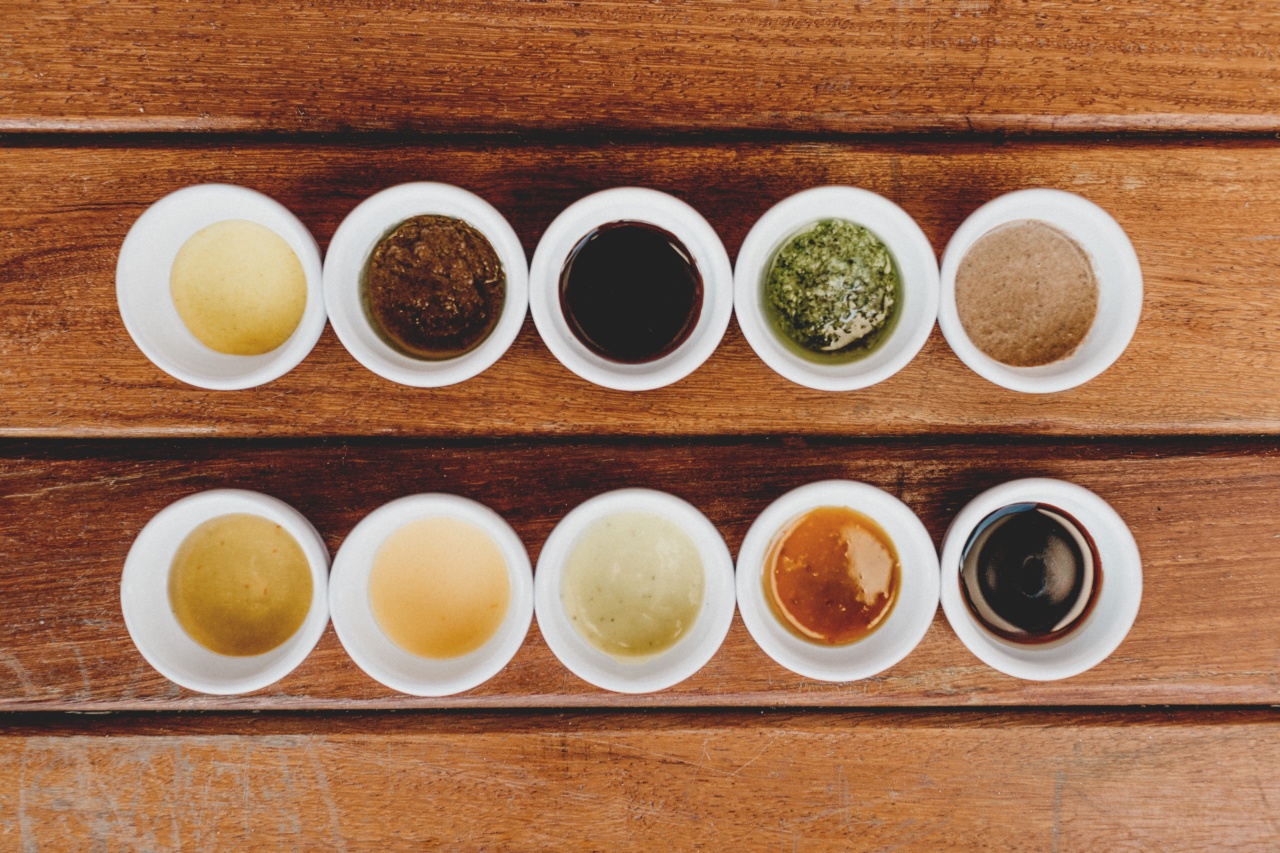Magnesium is an essential mineral that plays a crucial role in many bodily functions, including energy production, protein synthesis, muscle and nerve function, and maintaining a healthy immune system.
Despite its importance, studies suggest that a large portion of the population does not consume enough magnesium-rich foods, resulting in potential deficiencies.
The recommended daily intake of magnesium for adults is between 310-420 milligrams for men and 320-360 milligrams for women.
However, several factors such as poor dietary choices, soil depletion, and certain medical conditions can contribute to magnesium deficiencies. Incorporating magnesium-rich foods into your diet is an effective way to boost your intake and ensure you meet your daily requirements. In this article, we will explore ten excellent food choices that can help you maximize your magnesium intake.
1. Spinach
Spinach is one of the most nutrient-dense leafy greens available and is an excellent source of magnesium.
In just one cup of cooked spinach, you can obtain approximately 157 milligrams of magnesium, accounting for nearly 40% of the daily recommended intake. Whether consumed raw in salads or cooked into stews and stir-fries, spinach provides a versatile and delicious way to increase your magnesium intake.
2. Almonds
Almonds are not only a tasty and convenient snack; they are also packed with magnesium. With approximately 80 milligrams of magnesium per ounce, you can easily incorporate a handful of almonds into your daily routine.
Additionally, almonds offer a host of other health benefits, such as healthy fats and fiber.
3. Avocado
Avocado lovers rejoice! This creamy and nutritious fruit is not only a great source of healthy fats but also an abundant source of magnesium.
With approximately 58 milligrams of magnesium per avocado, adding avocado to your salads, sandwiches, or smoothies can significantly contribute to your daily magnesium needs.
4. Black Beans
Black beans are not only an economical choice but also a fantastic source of magnesium and other essential nutrients.
A one-cup serving of cooked black beans provides around 120 milligrams of magnesium, making it an excellent addition to soups, stews, salads, or even as a tasty side dish.
5. Quinoa
Quinoa, often referred to as a “superfood,” is a grain-like seed that is not only gluten-free but also a rich source of magnesium. In a cooked cup of quinoa, you can obtain approximately 118 milligrams of magnesium.
It serves as a versatile ingredient in various dishes, from salads to main courses, and even as a breakfast porridge.
6. Dark Chocolate
Who said boosting your magnesium intake couldn’t be delicious? Dark chocolate, with its rich and indulgent flavor, contains an impressive amount of magnesium.
In a 1-ounce serving of dark chocolate (70-85% cocoa), you can get approximately 64 milligrams of magnesium. Remember to choose high-quality dark chocolate with minimal added sugars for maximum health benefits.
7. Salmon
Salmon is not only a delicious and versatile fish but also a fantastic source of various nutrients, including magnesium. A 3-ounce serving of wild-caught salmon offers approximately 26 milligrams of magnesium, as well as beneficial omega-3 fatty acids.
Whether grilled, baked, or added to salads or sushi rolls, salmon is a smart choice for boosting your magnesium intake.
8. Pumpkin Seeds
Pumpkin seeds are not only a tasty and convenient snack; they are also packed with nutrients, including magnesium. Just one ounce of pumpkin seeds contains around 168 milligrams of magnesium, accounting for nearly 40% of the recommended daily intake.
Enjoy them as a standalone snack, add them to salads or granola, or even use them as a crunchy topping for various dishes.
9. Yogurt
Yogurt is not only a delicious and versatile food; it is also a good source of magnesium.
With approximately 50 milligrams of magnesium per cup, yogurt offers a convenient way to increase your magnesium intake while also benefiting from its probiotic content, which supports gut health.
10. Bananas
Bananas are not only a popular and convenient snack; they also provide a moderate amount of magnesium.
With approximately 32 milligrams of magnesium per medium-sized banana, they can be enjoyed on their own, sliced into a bowl of yogurt, or added to smoothies for a nutrient boost.
Incorporating these ten foods into your diet can help maximize your magnesium intake and support overall health and well-being.
Remember to choose a diverse range of whole foods to ensure you obtain a well-rounded array of essential nutrients, including magnesium.






























